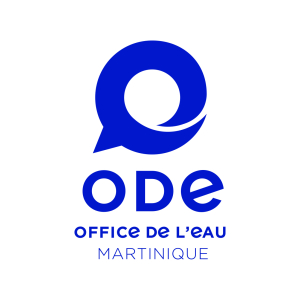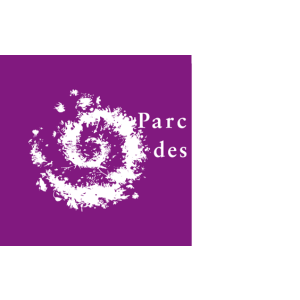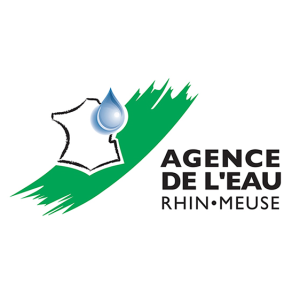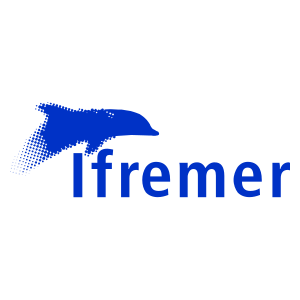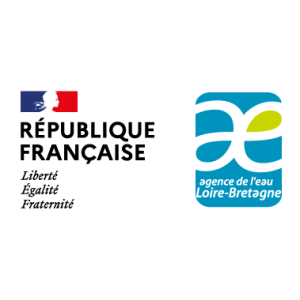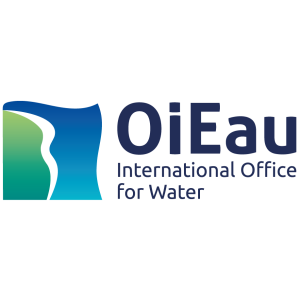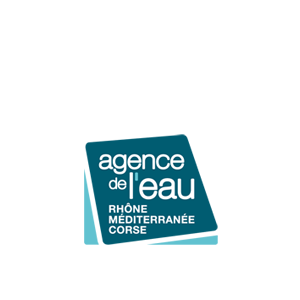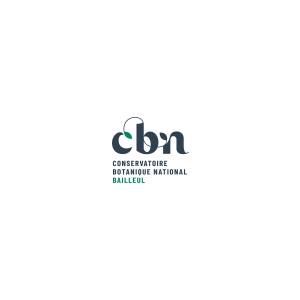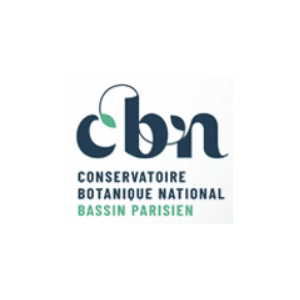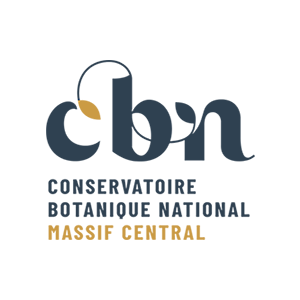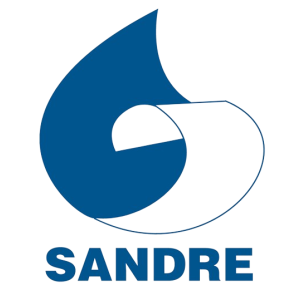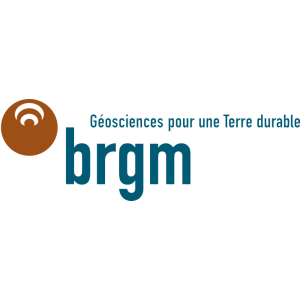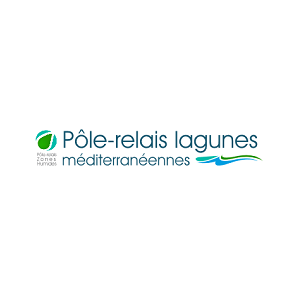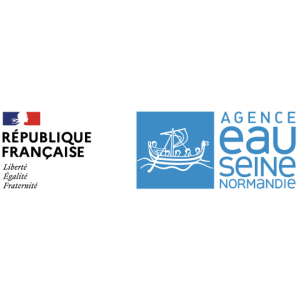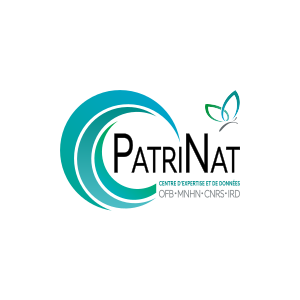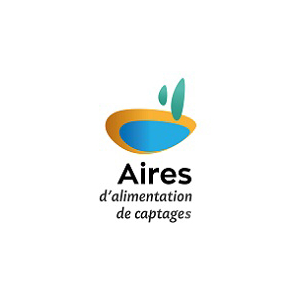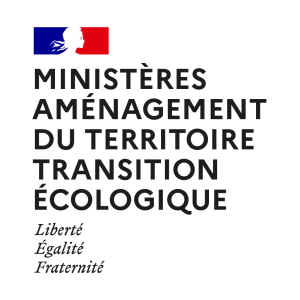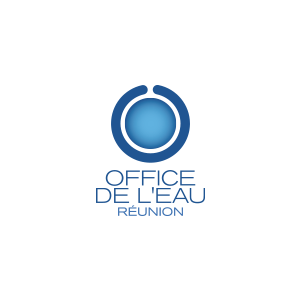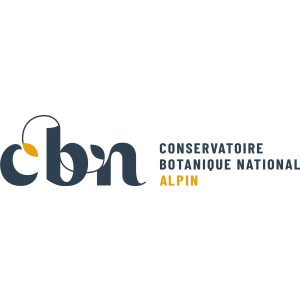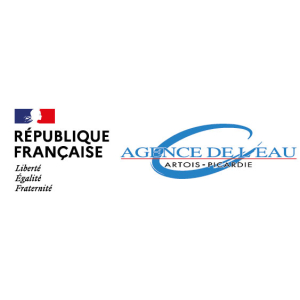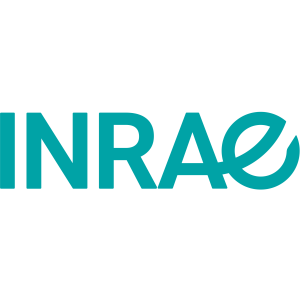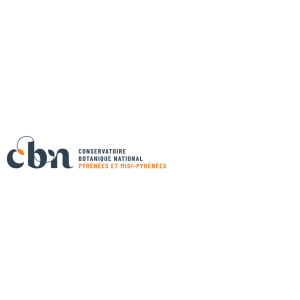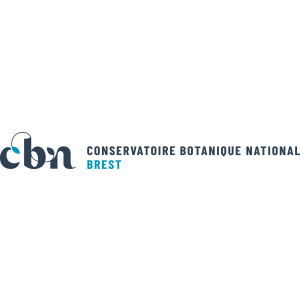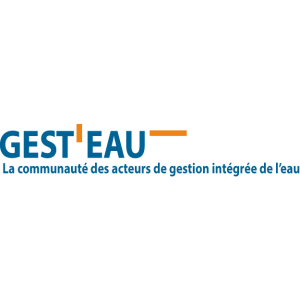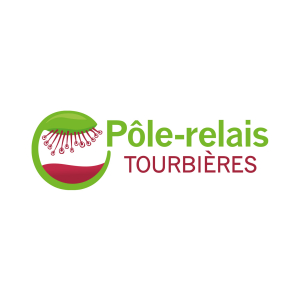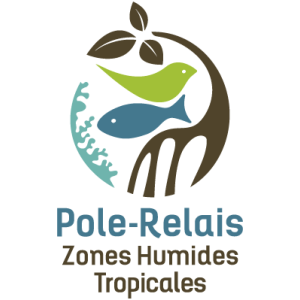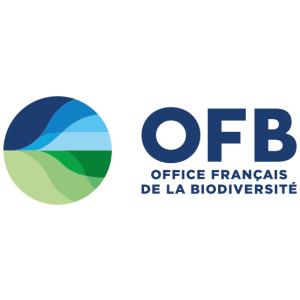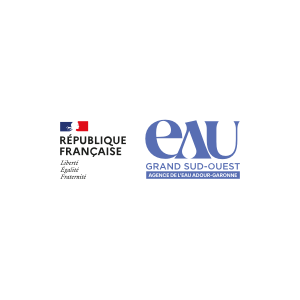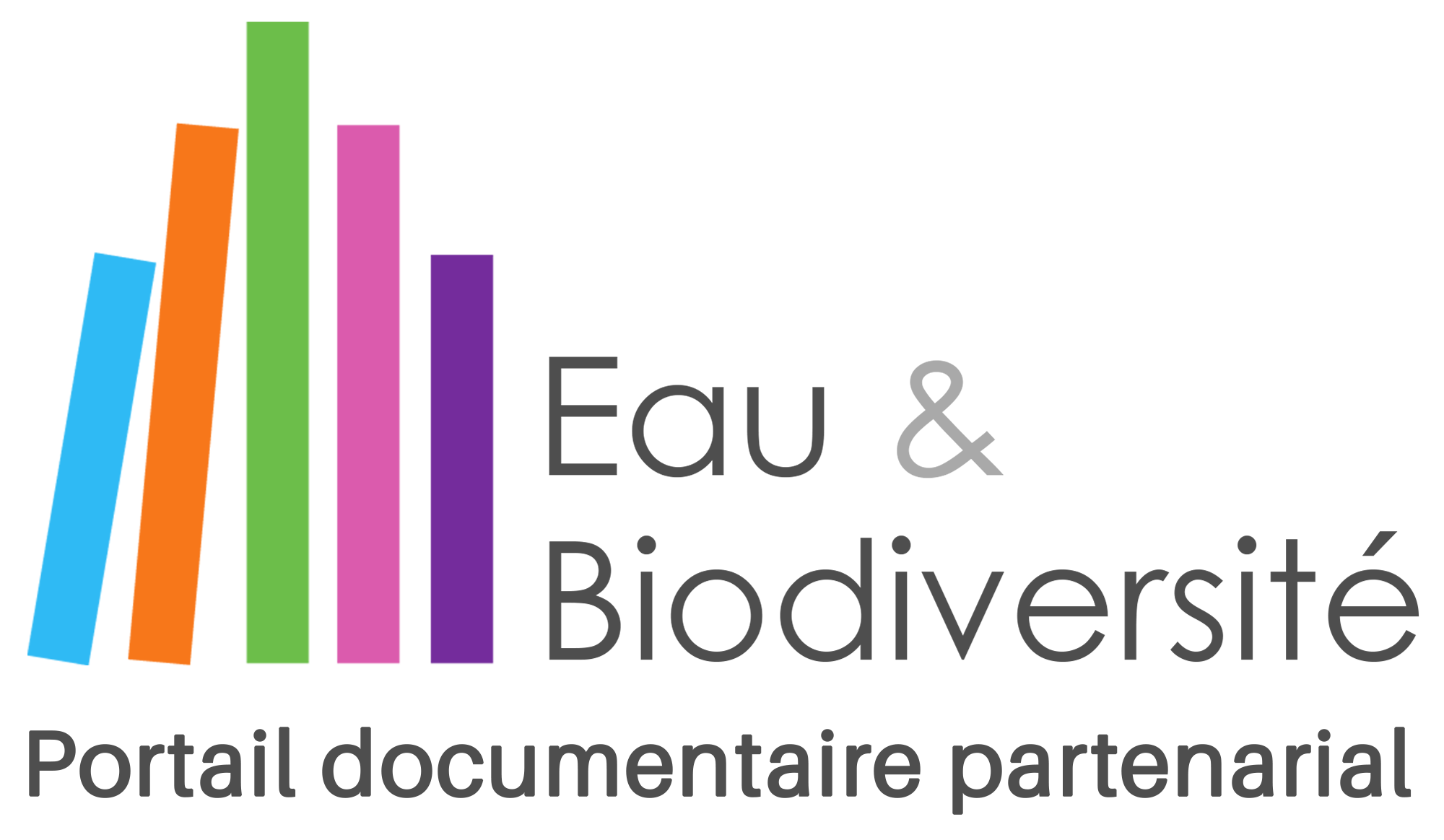
Document généré le 18/09/2025 depuis l'adresse: https://www.documentation.eauetbiodiversite.fr/fr/notice/dakar-port-de-peche
Permalien: https://www.documentation.eauetbiodiversite.fr/fr/notice/dakar-port-de-peche
Titre alternatif
Producteur
Contributeur(s)
ISTPM
Identifiant documentaire
9-3395
Identifiant OAI
oai:archimer.ifremer.fr:3395
Auteur(s):
Le Gall, Jean
Mots clés
Date de publication
01/01/1943
Date de création
Date de modification
Date d'acceptation du document
Date de dépôt légal
Langue
fre
Thème
Type de ressource
Source
Revue des Travaux de l'Institut des Pêches Maritimes (0035-2276) (ISTPM), 1943 , Vol. 13 , N. 1-4
Droits de réutilisation
Ifremer
Région
Département
Commune
Description
The coast of French Western Africa undoubtedly has a great ichthyic resource. Every scientist who has worked on its marine fauna has acknowledged the multiplicity of its species and their richness. Each scientific mission has underlined the abundance of edible species and the intensive exploitation possibilities it had to offer. This point of view has been confirmed by the interesting results obtained by some high-sea trawlers from La Rochelle, Arcachon or Boulogne-sur-Mer which have abandoned the North Atlantic fisheries for a few years now and exploit on a regular basis those of the coast of Mauritania and Senegal. For each campaign (about a month long) these trawlers bring back: either 45 to 70 tons of selected and sorted fish (trawlers from La Rochelle), or 250 to 300 tons of various types of fish, of a determined size and weight (freezing trawlers of the "Pêche et Froid" company). Numerous scientific missions have been conducted on the A.O.F. (French Western Africa) coast. They have established a nearly complete catalogue of the ichthyic fauna, and, have underlined, in various reports, the possibilities of a rational exploitation of the coastal fisheries. Following these reports, some metropolitan type companies have been created, without success. Even in Dakar, which is seen as the up and coming fishing harbour of the A.O.F., fishing, gear, fishing techniques and fish treatment are still the same as those described by professor Gruvel in his first reports (1902-1905). Moreover, any attempt at modernising these techniques has not gone further than the artisanal stage; either through lack of money, or through will to use as little funds as possible in order to produce at very low prices and then make the maximum profit. Due to its geographical position, Dakar is bound to become the industrial fishing harbour of Sub-Saharan Africa; the current exceptional circumstances call for a great effort to move in this direction. (unverified OCR)
Accès aux documents
0
Consultations
0
Téléchargements
